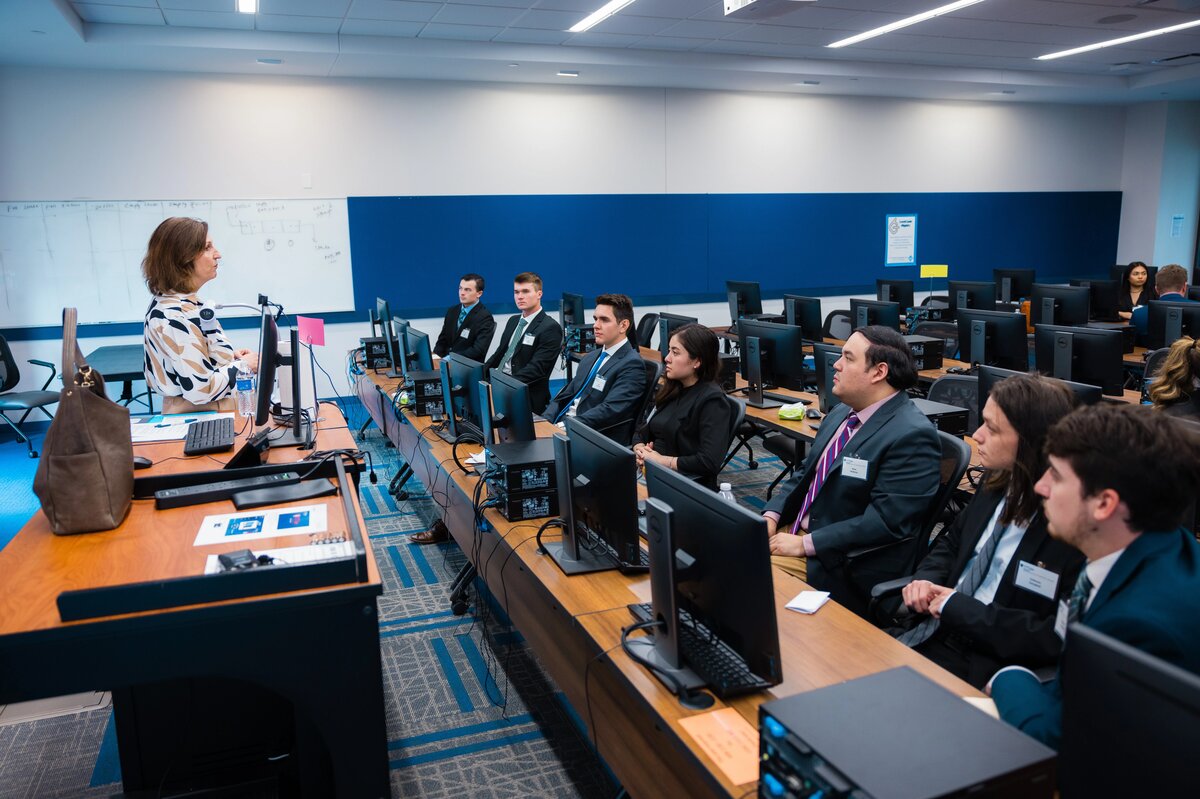Department of Healthcare Policy, Economics and Management
The University of Texas at Tyler
Program Mission
The Department of Healthcare Policy, Economics and Management is the academic home for the Master of Health Administration (MHA) program. Our faculty publish in peer revewed journals and are engaged in sponsored research and grants.
The Master of Health Administration (MHA) program is designed to develop the knowledge and skills needed for future leaders to meet the challenges of the health industry. Students will graduate from the program with marketable skills, qualifications, and competencies in five domain areas: measurement and analysis; communication; leadership; law and ethics; and professional development.
Program Goals
Graduates of the MHA program will:
- Be able to identify information needs as well as gather and understand relevant data information in order to define a problem, assess a situation and implement a set of metrics.
- Be able to organize, manipulate and use information to assess performance, identify alternative courses of action, investigate hypotheses, and accomplish other strategic goals.
- Be able to receive and convey information in ways that encourage continued dialogue among stakeholders. Effective communication involves strong written and oral transmission skills, responsive listening and use of creative strategies for exchanging information.
- Be able to influence others to reach their highest level of effectiveness in achieving common goals, both as individuals and in teams. They will be able to establish direction and engage various constituencies in producing a shared vision of the future, motivating and committing them to action, and making them responsible for their performance.
- Have established a high ethical standard and be able to help create a community culture of shared ethical values and legal understanding and transform those ideals into visions and expected behaviors.
- Be able to excel professionally throughout their career and make meaningful contributions to the field through personal development and organizational improvement.
